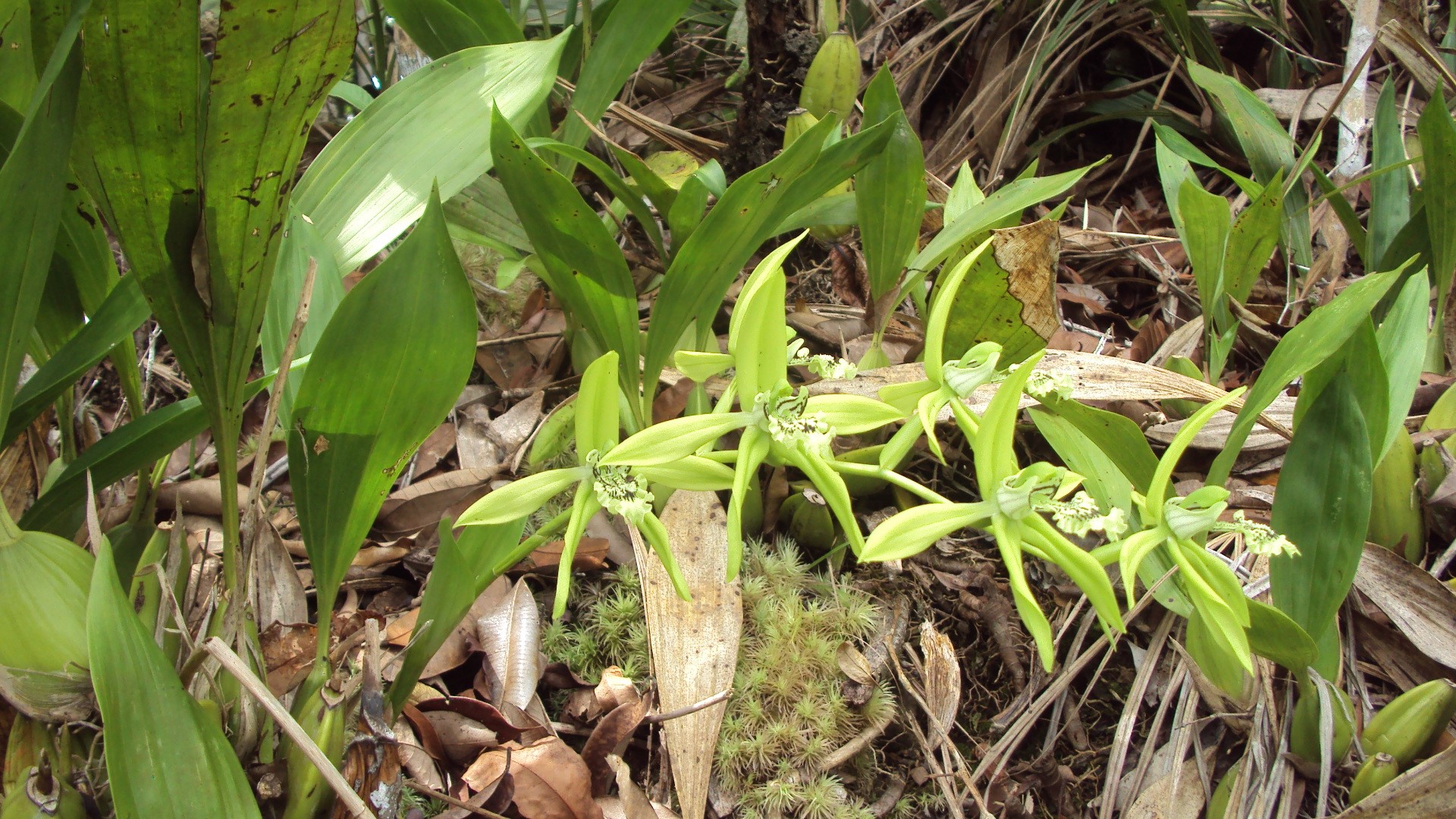
Kalimantan Healthy Information for Travelers
Before visiting Indonesia Borneo, you may need to get vaccinations and medications to prevent yourself against diseases, your health-care provider will know what you will need, depending on factors such as your health and immunization history. To have the most benefit, visit a health-care provider latest 4–6 weeks before your trip to allow time for your vaccines to take effect. Even if you have less than 4 weeks before you leave, you should still see a health-care provider for needed vaccines, to get information about how to protect yourself from illness and injury while traveling.
Although yellow fever is not a disease risk in Indonesia, the government requires travelers arriving from countries where yellow fever is present to present proof of yellow fever vaccination. If you will be traveling to one of these countries where yellow fever is present before arriving in Indonesia, this requirement must be taken into consideration.
Malaria
If you will be visiting a malaria risk area in Indonesia, you will need to take one of the following antimalarial drugs: atovaquone/proguanil, doxycycline, or mefloquine.
Malaria risk area in Indonesia: Risk in rural Sumatra, Sulawesi, Kalimantan and Nusa Tenggara Barat. No risk in urban areas.Risk in all areas of eastern Indonesia (provinces of Papua Indonesia, Irian Jaya Barat, Nusa Tenggara Timur, Maluku, and Maluku Utara).
No risk in Jakarta, resort areas of Bali and the island of Java.
Malaria Symptoms
- fever
- chills
- sweats
- headache
- body aches
- nausea and vomiting
- fatigue
Other Medical Prevention Needs
- Iodine tablets and portable water filters to purify water if Bottled water is not available.
- Sunblock and sunglasses for protection from harmful effects of UV sun rays.
- Antibacterial hand wipes or alcohol-based hand sanitizer containing at least 60% alcohol.
- Lightweight long-sleeved shirts, long pants, and a hat to wear outside, whenever possible.
- Flying-insect spray to help clear rooms of mosquitoes. Bed nets treated with permethrin.
Do not swim in fresh water (except in well-chlorinated swimming pools) to avoid infection with schistosomiasis. Leptospirosis, a bacterial infection often contracted through recreational water activities in contaminated water, such as kayaking, is common in tropical areas of Southeast Asia.
Measles transmission persists in the region, although vaccination coverage is improving in some countries in Southeast Asia. Influenza infections can occur throughout the year in tropical areas.
Source : World Health Organization
